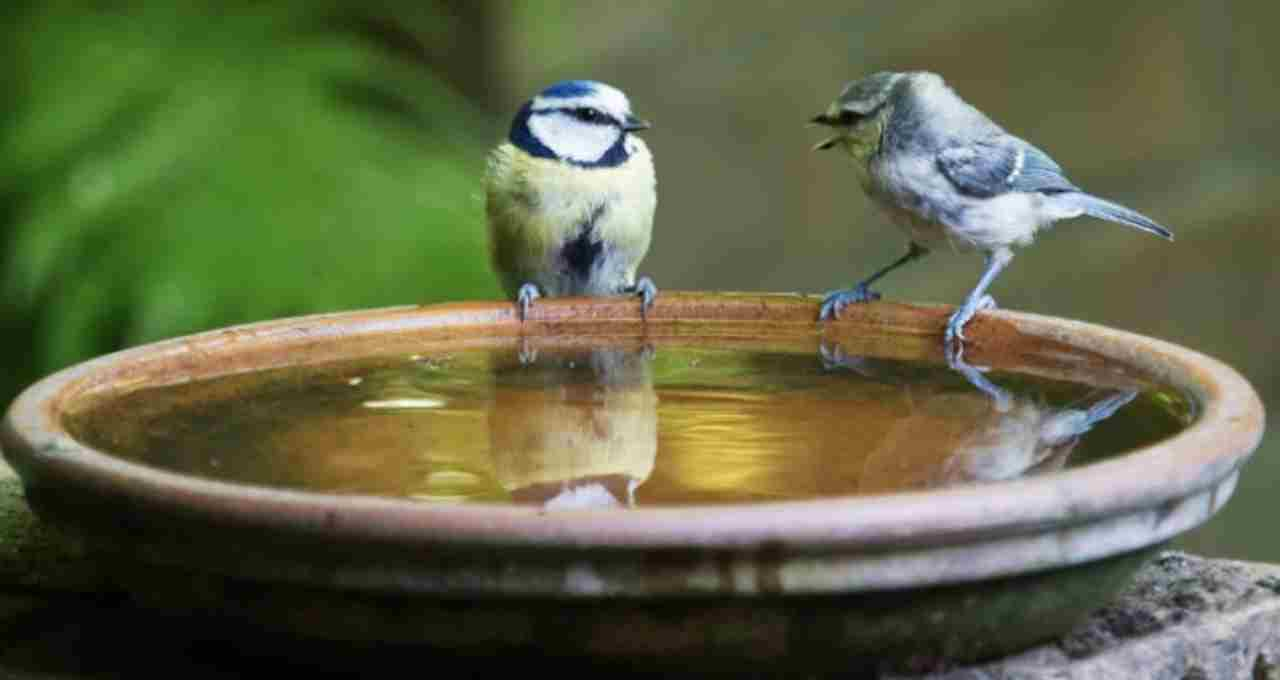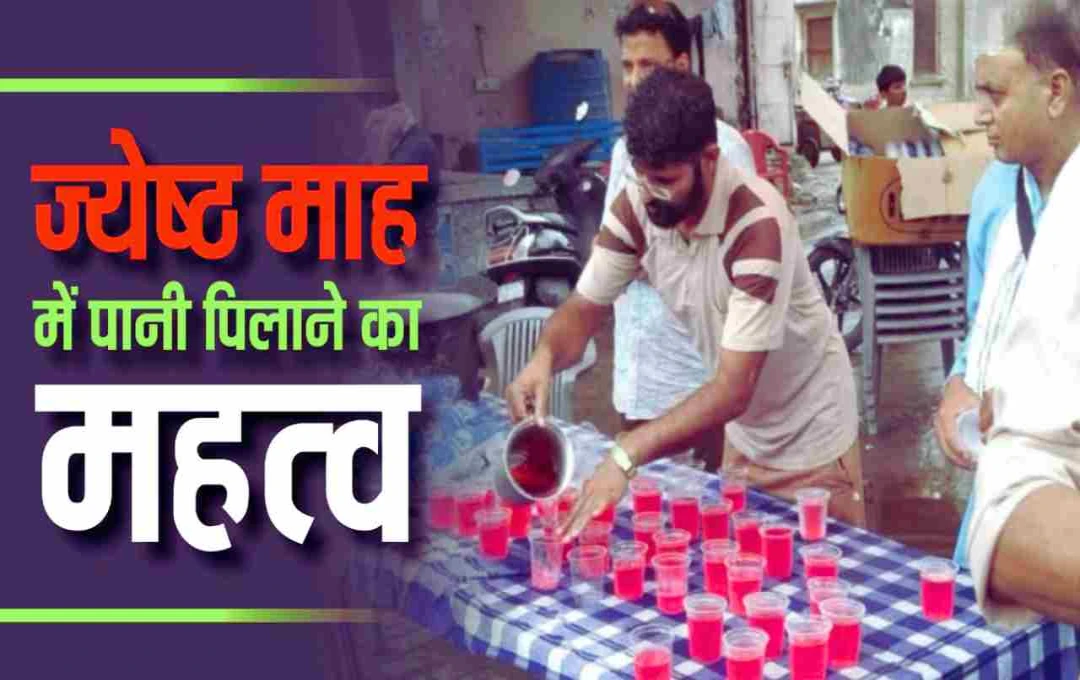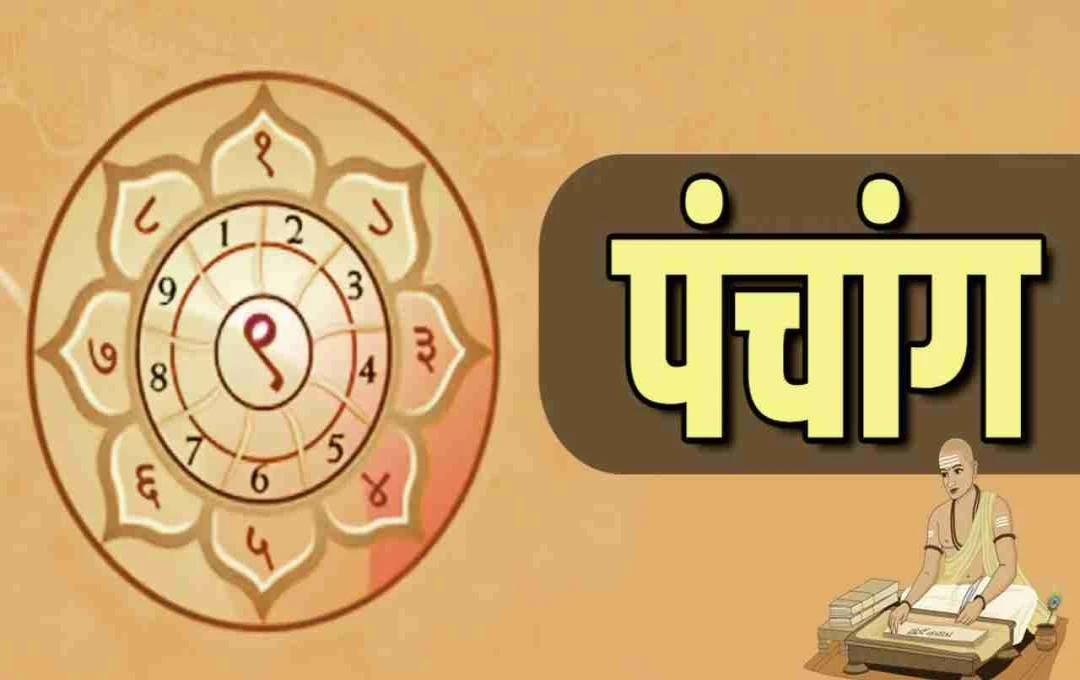The twelve months of the Hindu calendar each hold special significance, each marked by spiritual, religious, or natural importance. Jyeshtha, considered the hottest month of the year, is one such month. In 2025, Jyeshtha began on May 13th and will conclude on June 11th. This period is known for its intense heat and scorching temperatures.
However, the most notable aspect of Jyeshtha is the immense religious merit associated with donating water, earthen pots (ghara daan), and distributing cool fruits. Hindu scriptures and traditions regard providing water during this month as a "maha punya karma," a highly meritorious act. Let's explore why providing water in Jyeshtha is so special, its religious and scientific reasons, and its societal importance.
Why is Water Donation Called 'Maha Daan'?
In Hinduism, charity is considered a supreme act, and donating water is elevated to the status of "maha daan," a great act of charity. The religious belief behind this is that during this time, when every creature yearns for even a drop of water, providing water to the thirsty not only relieves the body but also brings solace to the soul. Scriptures state that when someone is parched and you provide them with water, they offer blessings from the heart. This blessing is as fruitful as a divine boon. Sun God, in particular, is pleased by this act and bestows his grace upon his devotees.
Socially and Scientifically Beneficial

Beyond religious significance, donating water in Jyeshtha holds special importance scientifically. The intense heat causes dehydration and increases the risk of heat stroke. Setting up public water stations or providing cool water to passersby is considered a great service to society from a health perspective.
Donation of Pots, Fruits, and Shade
Donating earthen pots is also considered highly auspicious in Jyeshtha. Scriptures state that an earthen pot not only serves as a vessel for storing cool water but also, being connected to the earth element, balances natural energy. Furthermore, donating fruits like mangoes, melons, watermelon, cucumbers, etc., is also considered meritorious.
These fruits have a high water content, providing relief from the heat. Donating them to those in need not only quenches their thirst but also brings prosperity, good fortune, and peace to the giver's life.
Lord Krishna and the Thirsty Woman
Puranas recount a story where Lord Krishna himself accepts water from an elderly woman and bestows upon her the boon of liberation (moksha). This illustrates that donating water is not merely charity but akin to serving God.

How to Donate Water?
- Fill an earthen or copper pot with cool water outside your home.
- Establish water stations or drinking fountains along roadsides, at temples, or in public places.
- Personally offer water to thirsty individuals; simply leaving water is insufficient.
- Add basil leaves or rose petals to the water to enhance its taste and energy.
Jyeshtha is not merely a time of intense heat but also an opportunity for service and accumulating merit. Providing water, donating pots, and giving cool fruits—all these actions not only bring relief to others but also infuse positive energy and prosperity into one's life. Therefore, during Jyeshtha 2025, partake in the "maha daan" by offering water to the thirsty. This is the true practice of dharma and service to humanity.








